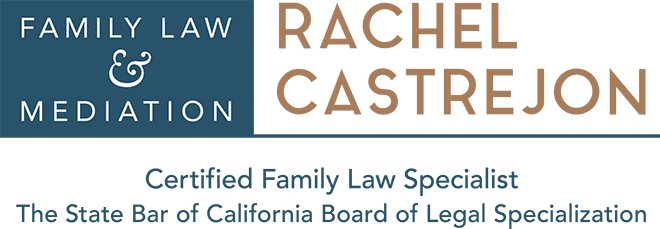Community Property with Right of Survivorship – Avoid Tax and Probate Fees

There are several ways to hold title jointly, such as tenancy in common, joint tenancy, community property or community property with right of survivorship. There are advantages and disadvantages to each.
Community Property with Right of Survivorship
Holding title as community property with right of survivorship combines the benefits of joint tenancy and community property by allowing the transfer of the property to the surviving spouse without having to go through probate, the surviving spouse gets the total step-up in basis on the entire value of the property and neither spouse can transfer his or her interest to a third party. Married couples can title any asset, not just real property, as community property with rights of survivorship.
Community Property
For married couples, property can be held as “community property” or “community property with right of survivorship.” There is a significant distinction between “community property” and “community property with right of survivorship.” When spouses hold property as community property, in the event of one spouse’s death, the surviving spouse gets a step-up in basis on the entire property as opposed to only the decedent’s share of the property. However, the surviving spouse must go through the cumbersome probate process and either spouse can dispose of his or her interest to another individual at time of death. This means that the tax basis on the property is assessed at the date of the deceased spouse’s death.
For Example: Susan and Bill purchased a house for $500,000 in 2000 and hold title as community property. At the time that Bill passes away the house is worth $1 million. Susan would have a tax basis of $1,000,000. If the house appreciates between the time of Bill’s death and when Susan sells the house, Susan will have a capital gain liability. For example, if Susan sells the house for $1,250,000 she will have a gain of $250,000. If she can claim the $250,000 exclusion of gain on the sale of a personal residence, she will not owe any tax ($250,000 gain – $250,000 exclusion = $0). If the property was not a personal residence, Susan would have to pay tax on the entire $250,000.
Tenants in Common
Holding property as “tenants in common” allows each spouse to own an undivided portion of the property. Either spouse can sell, lease or will away his or her ownership percentage at any time. The individual spouse’s interest is part of the individual’s estate and subject to probate or disposition under that individuals testamentary instrument (i.e. will or trust.) The heir of the individual’s estate will receive a step-up in basis on their inheritance. The step-up in basis means that the heirs’ tax basis in the inherited portion of the property will be the estimated fair market value at the deceased individual’s date of death, instead of the amount the deceased individual paid for the property., probate costs can be extremely costly and time consuming for your heirs. Holding property as “tenants in common” is most common when two or more individuals who are not married to each other own property together.
In the even that you are married and want to hold property as tenants in common, you should discuss the ramifications with your spouse so there is a mutual understanding of the fact that either spouse’s interest can be encumbered or disposed of to a third party. It would be most helpful to have a written instrument that both spouses sign acknowledging their intent in holding the property as tenants in common.
Joint Tenancy
If spouses hold property as joint tenants, the surviving spouse automatically inherits the deceased spouse’s interest. Thus, the surviving spouse avoids the expensive and time consuming probate process and neither of the spouse’s can encumber or give away his or her interest during his or her lifetime or on his or her death.
However, a big disadvantage to holding property in joint tenancy is that the surviving spouse only receives a step-up in basis on the inherited portion.
A simple illustration of the disadvantage: Susan and Bill purchased a house for $500,000 in 2000 and hold title as joint tenants with equal interests. At the time Bill passes away the house is worth $1 million. Susan would have a tax basis of $750,000 ($500,000/2 + $1,000,000/2.) If the house appreciates between the time of Bill’s death and when Susan sells the house, Susan will have a capital gain liability. For example, if Susan sells the house for $1,250,000 she will have a gain of $500,000. If she can claim the $250,000 exclusion of gain on the sale of a personal residence, she will have to pay tax on $250,000. If the property was not a personal residence, Susan would have to pay tax on the entire $500,000.
If you are holding property as a joint tenant, you may want to reconsider titling the property into another form so as to provide the most protection for person who inherits the property.
